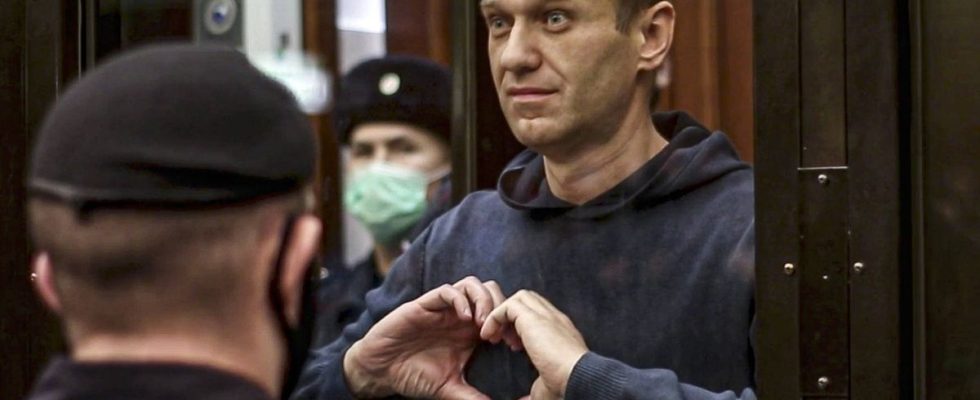If Russia was excluded in September 2022 from the European Court of Human Rights, the court can still judge facts involving Moscow before this date. Information that should delight the Kremlin since, on Tuesday, the ECHR condemned him for “the lack of an effective investigation” into the poisoning of Alexei Navalny in 2020.
The judges condemned Moscow to pay 40,000 euros to the main opponent of the regime of President Vladimir Putin, currently imprisoned, “for moral damage”. The court, the judicial arm of the Council of Europe (46 member states) enforces the European Convention on Human Rights.
The proven presence of novichok
In their judgment, the seven judges unanimously considered “that there was indeed a serious and imminent risk to the life of Alexeï Navalny in suspicious circumstances, which had given rise to the obligation for the State, in under Article 2 of the Convention, to conduct an effective investigation”.
In August 2020, the Russian opponent was poisoned with novichok before falling into a coma and had to be placed on life support, the court recalled. The expertise carried out in Russia had concluded that no toxic substance had been found on him. After his transfer to Germany, Berlin had however announced that samples had revealed the undeniable presence of novichok, a product developed by the former USSR for military purposes. These analyzes had been confirmed by other laboratories in France and Sweden.
Individuals linked to the public authorities?
However, Novichok is prohibited by the Convention on the Prohibition of Chemical Weapons, recalls the court. Under these conditions, Moscow was required “to open a criminal investigation into any activity contrary to the ban on chemical weapons”. If it does not go so far as to accuse the Russian secret services of being responsible for the poisoning of Alexei Navalny, the ECHR stresses that “to develop and use these chemicals, it takes time, skills and a level of organization that could hardly be reached by individuals without any connection with the public authorities”.
The Court observes that Alexeï Navalny “is a leading figure in the political opposition, whose activism, particularly in the fight against corruption, has led several times to his arrest, detention, criminal conviction and ill-treatment and (…) that he was justified in alleging that he was persecuted for political reasons”.
“Political Motivation”
The opponent “had already been the subject of repeated threats and attacks”, underlined the judges. “The political motive should have been an essential part of the investigation. However, not only did the investigation not address the possible link between the facts and the public activities of Mr. Navalny, but it did not seriously follow the thesis of the attack with premeditation, even though none of the medical or forensic examinations had detected a natural cause”.
Alexeï Navalny, who celebrated his 47th birthday in prison on Sunday, said he had kept his spirits up, despite the tightening of his conditions of detention. On the same day, at least 45 people were arrested in several Russian cities during support actions on the occasion of his birthday, according to the specialized NGO OVD-Info. Alexei Navalny should soon be tried in a new case for “extremism”, where he risks an additional thirty-five years in prison.

